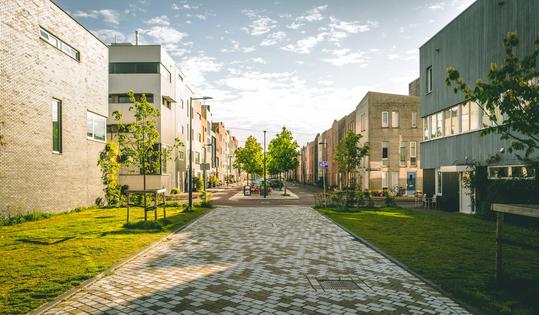Urban Planner: Crafting Cities of the Future
Published in EDU Advice
Urban Planners work at the intersection of architecture, environmental science, and public policy to design more efficient and livable cities. A bachelor’s degree in urban planning, architecture, or a related field such as geography is often the minimum educational requirement. These programs typically cover subjects like land use planning, environmental policy, and public administration.
To practice professionally, most states require urban planners to have a master’s degree accredited by the Planning Accreditation Board (PAB). A Master’s in Urban Planning (MUP) often includes coursework on geographic information systems (GIS), public finance, and statistical methods.
Professional certifications like the American Institute of Certified Planners (AICP) credential can further enhance career prospects. AICP certification requires a combination of education, professional experience, and a passing score on an exam.
Given the evolving nature of urban challenges like climate change and population growth, continuous professional development is crucial. Planners often attend workshops, webinars, and conferences to stay updated on best practices and emerging trends.
This article was generated by Open AI with human guidance and editing along the way.









Comments